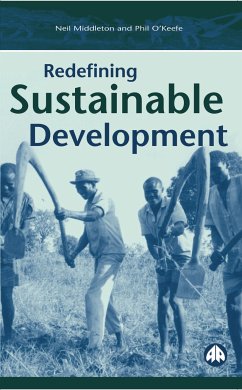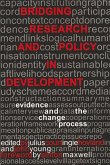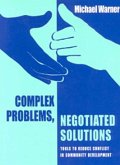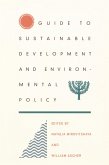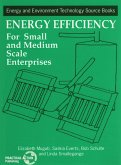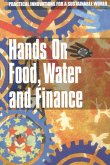Development and assistance in disasters is about helping people to help themselves. It is to do with facilitating 'sustainable livelihoods' and addressing the ills of social discrimination. These seem to be self-evident propositions. In fact, they are a minefield.
If development workers intervene to assist in the creation of environmentally sustainable livelihoods, what judgemental codes are contained in the everyday cultural and linguistic assumptions of development practitioners? What account do they give of the environment and people's relationship to it? If livelihoods are to be economically sustainable, by which economic criteria is the judgement made? Is the objective to keep projects going until the funds run out, or, like cancer patients, to survive for five years, or to knit people into the world's trading systems? If projects are to be sustainable, they must be socially just. By whose justice do we judge? At present, much development and disaster relief work derives its importance solely from providing opportunities for honing survival skills.
The authors of this book examine these questions and others in detail and argue that the assumptions of the social-democratic world, including those of international NGOs, are tied to the perpetuation of capitalism. Neil Middleton and Phil O'Keefe suggest that the issue, in the face of anarchic global financial power, is to rethink the nature of class in a late capitalist world and to recognise indigenous NGOs as the new political vehicles for its struggle.
If development workers intervene to assist in the creation of environmentally sustainable livelihoods, what judgemental codes are contained in the everyday cultural and linguistic assumptions of development practitioners? What account do they give of the environment and people's relationship to it? If livelihoods are to be economically sustainable, by which economic criteria is the judgement made? Is the objective to keep projects going until the funds run out, or, like cancer patients, to survive for five years, or to knit people into the world's trading systems? If projects are to be sustainable, they must be socially just. By whose justice do we judge? At present, much development and disaster relief work derives its importance solely from providing opportunities for honing survival skills.
The authors of this book examine these questions and others in detail and argue that the assumptions of the social-democratic world, including those of international NGOs, are tied to the perpetuation of capitalism. Neil Middleton and Phil O'Keefe suggest that the issue, in the face of anarchic global financial power, is to rethink the nature of class in a late capitalist world and to recognise indigenous NGOs as the new political vehicles for its struggle.
Dieser Download kann aus rechtlichen Gründen nur mit Rechnungsadresse in A, D ausgeliefert werden.

